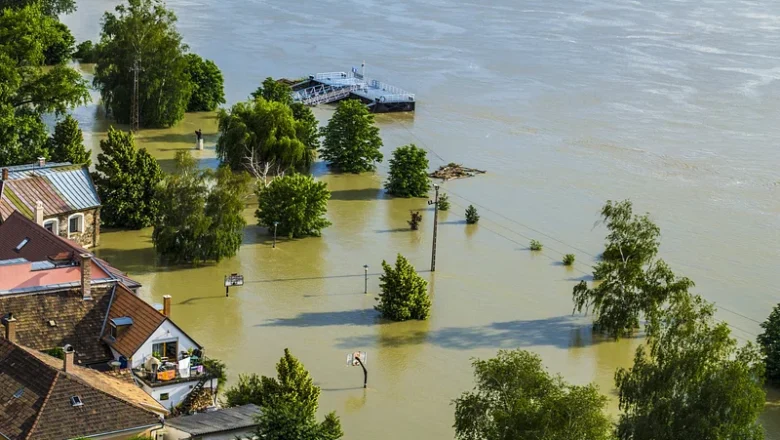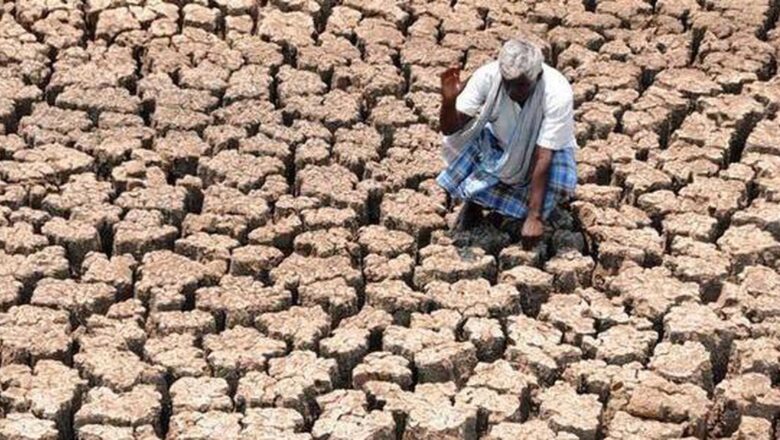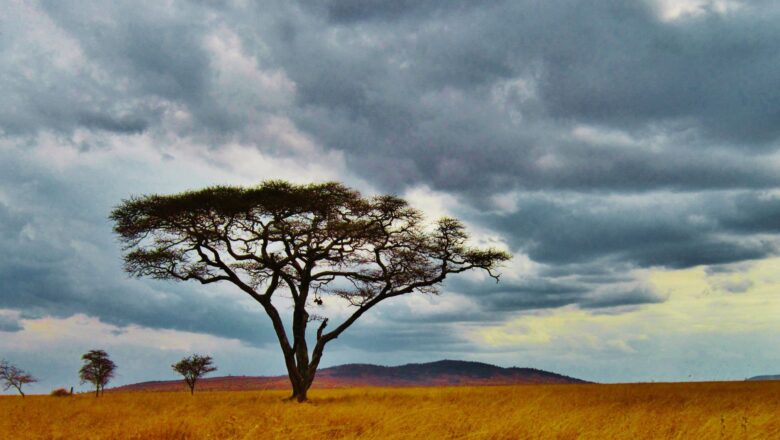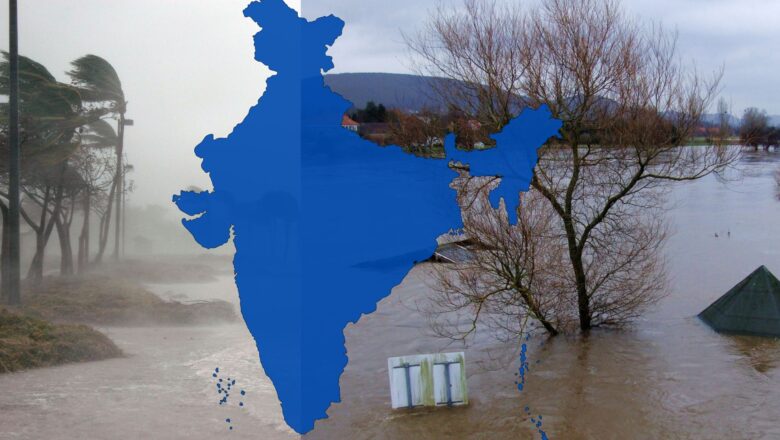
Building Resilience: How Smarter Development Can Reduce Disaster Losses
On March 30, 2025, a powerful 7.7 magnitude earthquake rocked Myanmar. Among the survivors was Ma Phyu Sin Win, who clutched a relief package filled with essentials food, medicine, hygiene supplies, and solar lamps. “Every little item helps,” she said, highlighting the harsh reality many face when disasters strike.
Around the globe, disasters are growing more frequent and intense. From cyclones and floods to earthquakes, the impacts are devastating not just in the moment, but for months and years that follow. In 2024 alone, extreme weather caused 93% of all economic damage worldwide, totaling $320 billion. The road to recovery is long and often diverts critical resources away from education, health, and infrastructure.
But disasters aren’t “natural” by default. They happen when natur...






